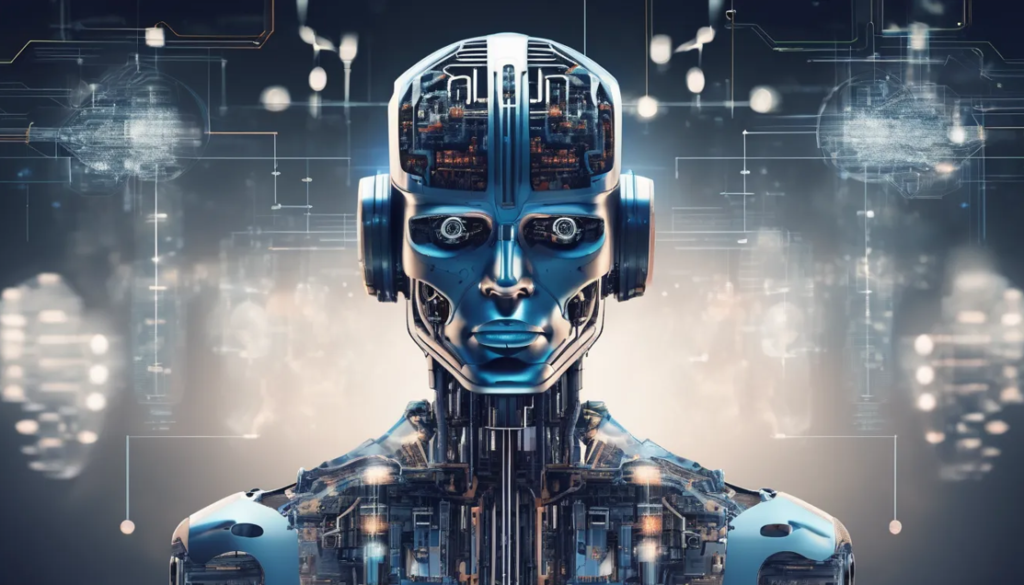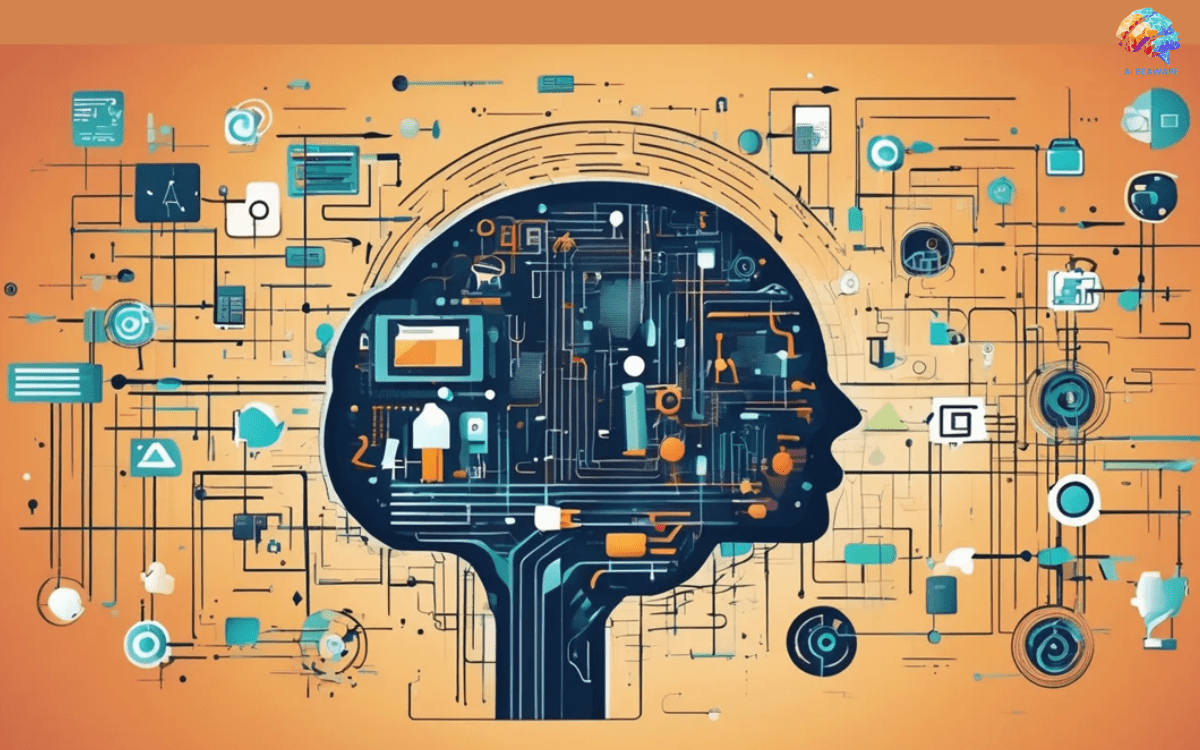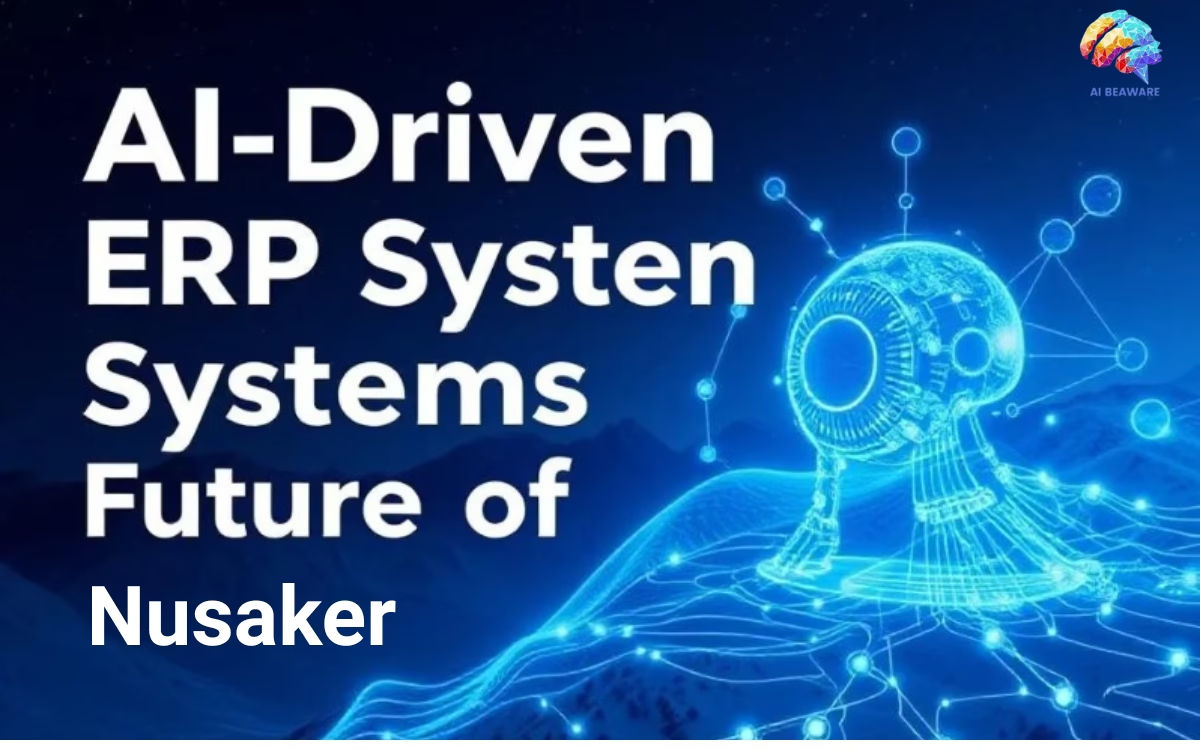Table of Content:
References for Artificial Intelligence
Artificial Intelligence (AI) has been rapidly growing and is causing waves in areas such as education health finance, marketing and even healthcare. If people are trying for “references for artificial intelligence,” they’re typically looking for authoritative sources, research or studies that offer greater understanding of AI technology and its advancement and applications.This blog post will give the most current and reliable sources for artificial intelligence, which can help students, researchers, and professionals in the industry.
Here are some reliable sources for more information about Artificial Intelligence (AI), including links to websites: Artificial Intelligence: A Modern Approach (Stuart Russell Peter Norvig) Artificial Intelligence: A Modern Approach (Stuart Russell, Peter Norvig)
This is among the most comprehensive books on AI. The official website provides details about the book and learning resources:
AIMA Website
MIT OpenCourseWare – Artificial Intelligence
MIT offers unfastened lecture notes, assignments, and checks for their AI route:
MIT OpenCourseWare – AI
Stanford University’s Machine Learning Course
Stanford offers a free online machine learning course by Andrew Ng, which is a great introduction to AI concepts:
Stanford Machine Learning
DeepMind (Google’s AI Research Lab)
DeepMind provides insight into the latest AI research:
DeepMind Website
OpenAI
OpenAI is known for its advanced work on generative models like GPT. Their blog contains updates on AI research:
OpenAI Blog
Google AI Blog
Google’s AI blog offers updates on their research and innovations:
Google AI Blog
IBM Watson AI
IBM provides various resources, tutorials, and solutions related to AI with Watson:
IBM Watson AI
Towards Data Science (AI and ML)
This platform offers a wide variety of articles and tutorials related to AI and machine learning:
Towards Data Science
Coursera – AI For Everyone (Andrew Ng)
This is a beginner-friendly course designed to give a non-technical introduction to AI:
AI For Everyone on Coursera
edX – Artificial Intelligence MicroMasters Program (Columbia University)
A professional program on AI covering important AI concepts, from machine learning to robotics:
Columbia University AI MicroMasters
Udacity – School of AI
Udacity offers lots of publications and nanodegrees targeted on AI and its applications:
Udacity AI Programs
AI Alignment Forum
This is a forum for discussing research and progress in AI alignment, ethics, and safety:
AI Alignment Forum
AI Topics from the Association for the Advancement of Artificial Intelligence (AAAI)
AAAI provides a wide range of resources, including research papers, conferences, and AI topics:
AAAI Website
Microsoft AI School
Microsoft offers a collection of tutorials, certifications, and learning materials for AI and machine learning:
Microsoft AI School
The Alan Turing Institute
The UK’s national institute for data science and AI offers cutting-edge research, publications, and events:
The Alan Turing Institute
AI Weekly Newsletter
This is a curated newsletter with the latest news and research in the AI world:
AI Weekly
Arxiv.org (Artificial Intelligence Section)
Arxiv is an open-access repository of research papers, and the AI section contains the latest in AI research:
Arxiv – AI Section
DataCamp – Introduction to AI
DataCamp offers tutorials and publications centered on information technology, which includes an creation to AI and gadget learning:
DataCamp AI Courses
What are the Key References for Artificial Intelligence?
When it comes to examining references for AI, it’s essential to realize that they encompass many different types of material that range from journals and books to platforms on the internet along with programming tools. The objective is to guide readers to reliable sources that offer the most recent advancements in AI as well as provide in-depth explanations of concepts and provide practical tools to aid in AI development.
Some key types are include:
- Books and manuals by experts
- Research papers published in academic journals
- Online AI courses and tutorials
- AI development libraries and tools
Why Are References for Artificial Intelligence Important?

Having accurate and up-to-date references for artificial intelligence is vital for a few reasons:
- They provide foundational knowledge of how AI systems work.
- They help in understanding complex algorithms and architectures like neural networks.
- They provide guidelines on ethics-based AI development. They help AI enthusiasts to keep abreast with the most recent developments and developments within the area. When you are learning AI make sure that the users have access to reliable information that has been peer-reviewed, which reduces the possibility of falling prey to falsehoods or outdated methods.
Books and Publications as References for Artificial Intelligence
Books are some of the best references for artificial intelligence. Here are some top publications that anyone studying AI should consider:
“Artificial Intelligence: A Modern Approach” written by Stuart Russell and Peter Norvig A comprehensive guide to AI that covers everything from basics to the most sophisticated AI strategies.
“Deep Learning” by Ian Goodfellow, Yoshua Bengio, and Aaron Courville – This book is perfect for those who want to know the basics of deep mastery. It is among the biggest domains of AI. “Superintelligence: Paths, Dangers, Strategies” Paths Dangers, Strategies and Paths”** written by Nick Bostrom – This explores AI’s potential and the possible effects of developing superintelligent machines. “The Master Algorithm” by Pedro Domingos – A book that assists those who wish to know how to use machine learning in conjunction with AI.. They are crucial references for artificial intelligence, which both professionals and beginners rely on to increase their understanding.
Academic Journals and Research Papers on AI
For those who are seeking research-based references on artificial intelligence Research papers and journals are commonly used as references: Journal of Artificial Intelligence Research (JAIR) The journal is a peer-reviewed journal which publishes research papers that offer the most up-to-date information about AI. IEEE Transactions on Neural Networks and Learning Systems A great source for researchers and students studying neural networks and AI learning systems.
Nature Machine Intelligence – One of the most respected scientific journals that researches the latest research regarding machine-learning and AI. ArXiv.org (AI Section) A huge collection of research papers for free that deal with AI machine learning, machine-learning, as well as deep learning.
Online Platforms for AI Learning and References
Online platforms and courses have become a crucial part of references for artificial intelligence, providing interactive learning and tutorials:
Coursera is a provider of classes from the top universities such as Stanford as well as Google on AI and machine learning. EdX – Features AI courses from universities like MIT and Harvard which makes it a great reference point. Kaggle is a platform that allows AI practitioners to gain access to data and take part with real projects. Udacity is known as the home of it’s “AI Nanodegree” program, Udacity offers well-structured AI classes and assignments. These platforms are extremely valuable they allow learners to gain practical experiences.
These platforms are invaluable, allowing learners to gain hands-on experience.
AI Development Tools and Frameworks as References
Development tools and frameworks are practical since they allow developers to experiment with and build AI systems. Some of the most popular AI gear encompass:
TensorFlow is a free and open-source library created by Google that is essential for the creation of AI models, particularly in deep learning. PyTorch is another open source framework popularly sought-after for its simplicity of use and its versatility in the development of AI models. Keras is an advanced neural network API written in Python that runs on base of TensorFlow or Theano.“OpenAI’s” GPT Models – These large language models are now essential for tasks that require natural language processing.







